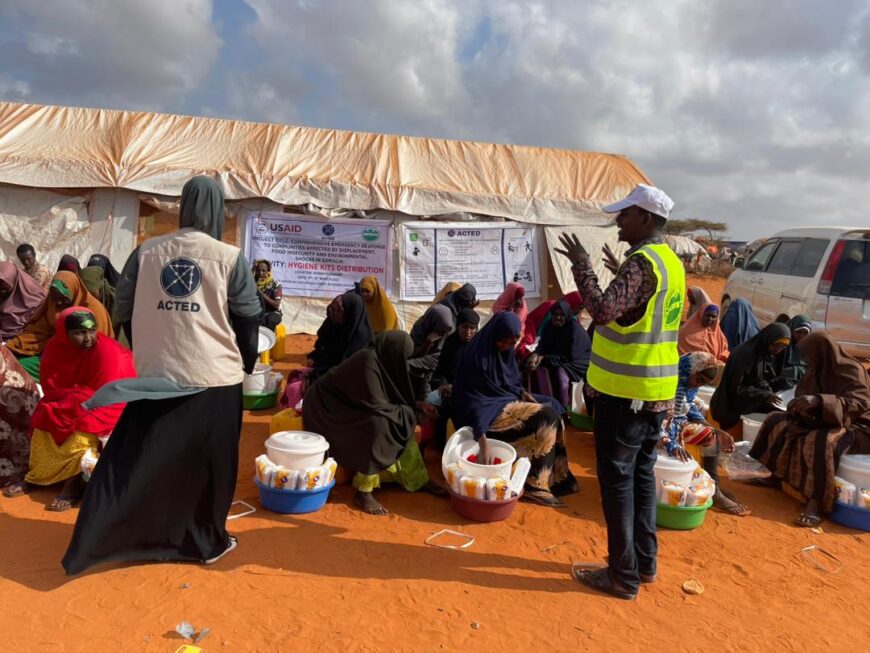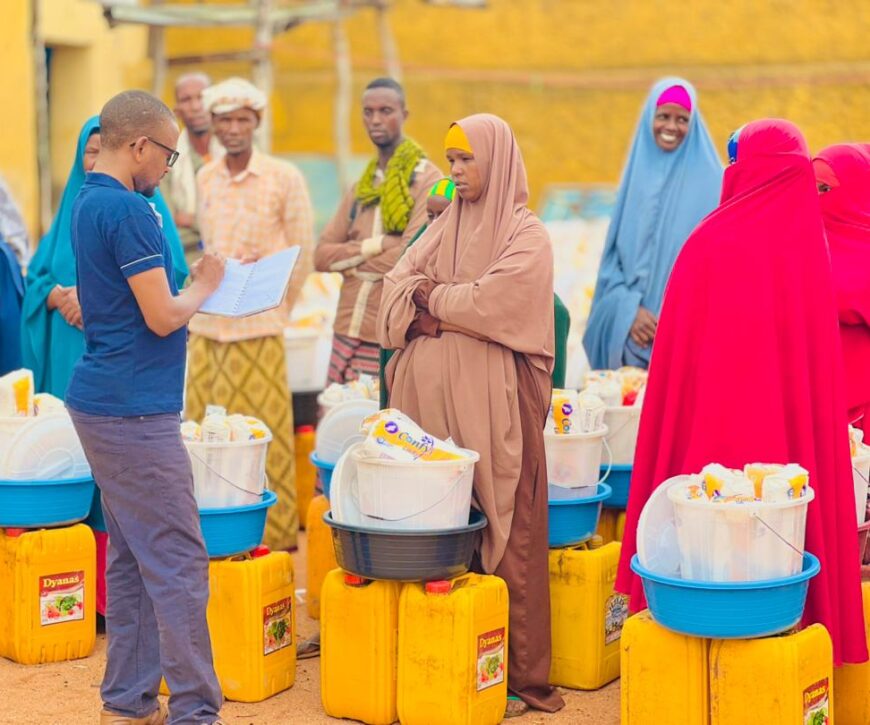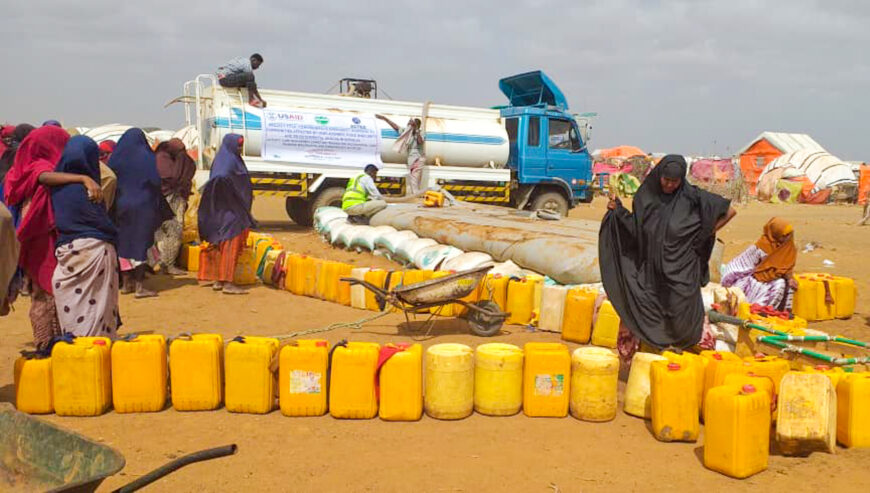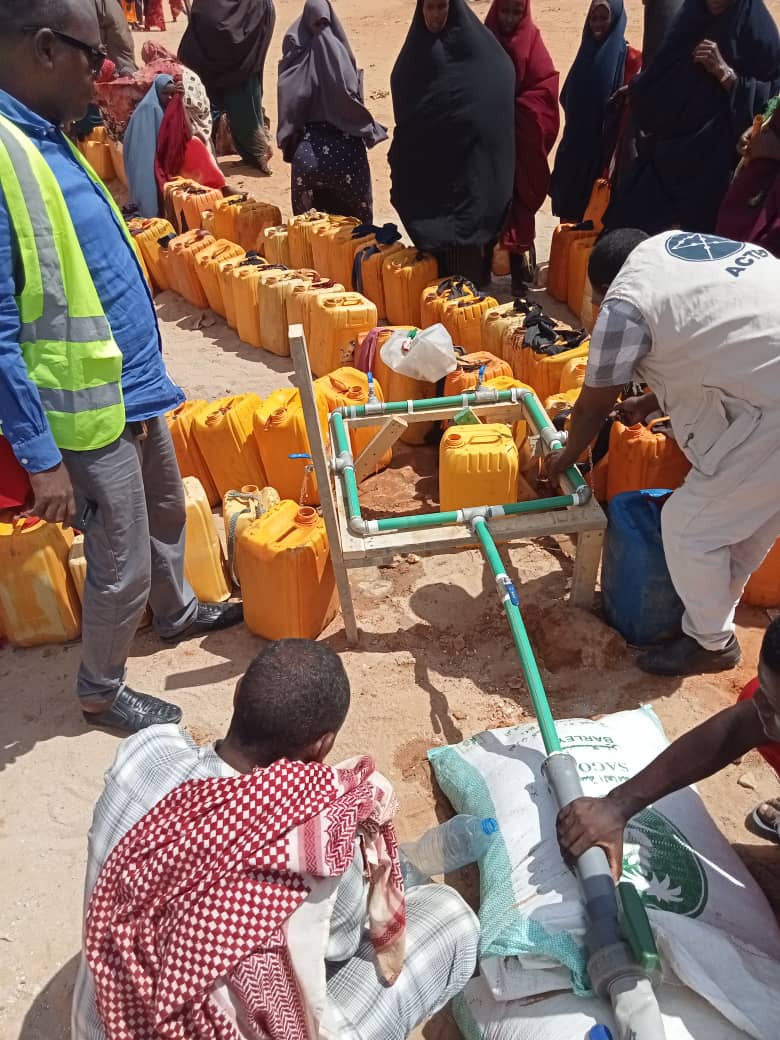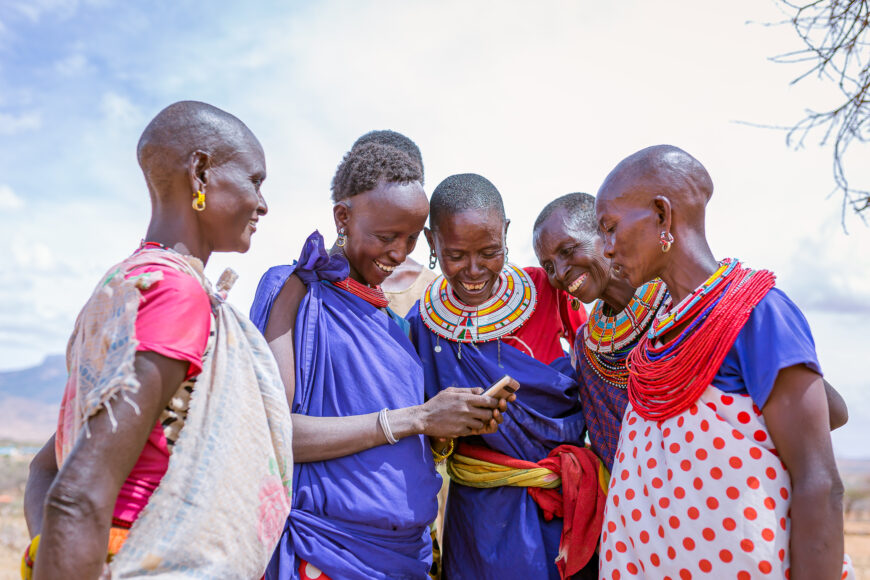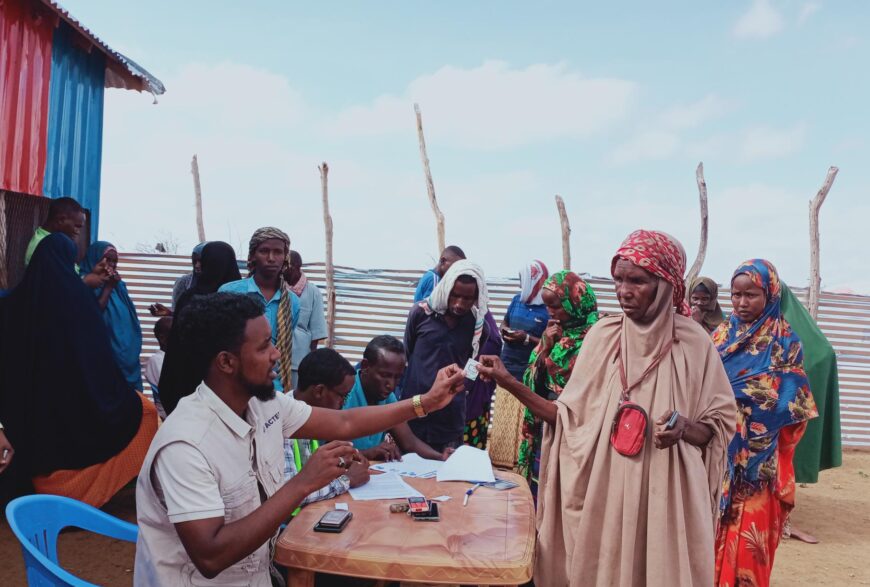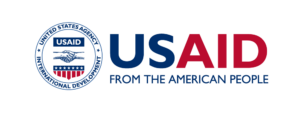Across the Horn of Africa, at least 36.9 million people are still been affected by the most prolonged and severe drought in recent history, including 24.1 million in Ethiopia, 8.3 million in Somalia and 4.5 million in Kenya. Over 9 million women aged 15 to 49 face greater health hazards and aggravated risks of gender-based violence due to the drought.
The year 2022 has been marked by a prolonged drought in the Horn of Africa, the likes of it have not been seen in a decade. As it continues to ravage the region, most of its inhabitants’ lives continue hanging by a thread. Their only hope is that someone will act now before it is too late.
The drought comes on top of pre-existing humanitarian crises in the region, exacerbating the needs.
In Somalia, the situation is more critical as the country is experiencing a multifaceted crisis that is bringing it to the brink of famine. The crises feed each other. Food and water shortages due to drought are fuelling tensions and violence between clans competing for scarce resources. Insufficient resources and violence result in forced displacement, putting further pressure on the limited resources available in the host areas. Growing food insecurity and declining water availability and quality lead to epidemics, including cholera and acute watery diarrhoea.
In Kenya, this historic multi-season drought has led to acute food insecurity and malnutrition in the Arid and Semi-Arid Lands (ASALs) where most of its population relies on agro pastoralism for survival.
With USAID’s support, Acted, has been able to provide vital assistance to those vulnerable crisis-affected communities. Our action helps meet their basic needs and prepare for recovery while absorbing the shocks caused by the drought.
USAID has made WASH activities a priority to support vulnerable families. In Somalia, Acted distributed hygiene kits to affected communities, while promoting good hygiene practices to prevent waterborne diseases. Several water access points, including boreholes and shallow wells, have also been rehabilitated so that communities now have access to safe and clean water.
In Samburu County, Kenya, water trucking efforts have been the lifeline for nearly 1,000 families, who rely on this assistance for survival. Women, who previously had to walk for hours to fetch water, now have access to water closer to their homes.
Acted has also coordinated safety audits across pre-identified sites in Somalia to ensure displaced persons live in comfortable and safe conditions. Services and equipment in IDPs camps are regularly monitored, and, when necessary, shelters and communal infrastructures are repaired or improved to enhance living conditions.
In both countries, Acted has provided multi-purpose cash assistance to people facing sudden shock and displacement, as well as unconditional food assistance to food-insecure communities. Women-headed households were prioritised to help them provide for their families.
Agricultural production systems in the region have not yet benefited from the recent rains, which remain insufficient in view of the long-standing drought. In addition, the rains have harmed communities that were looking forward to them. Houses, latrines and other infrastructure were damaged, and lives were lost. Most of the livestock that had managed to survive the drought have perished, adding to the already dire situation.
According to the latest reports from the National Drought Management Authority (NDMA) and the United Nations, the number of individuals requiring humanitarian assistance in Kenya and Somalia remains unchanged. Humanitarian assistance needs to be scaled up to meet the growing needs of the communities affected by the drought in the Horn of Africa.
